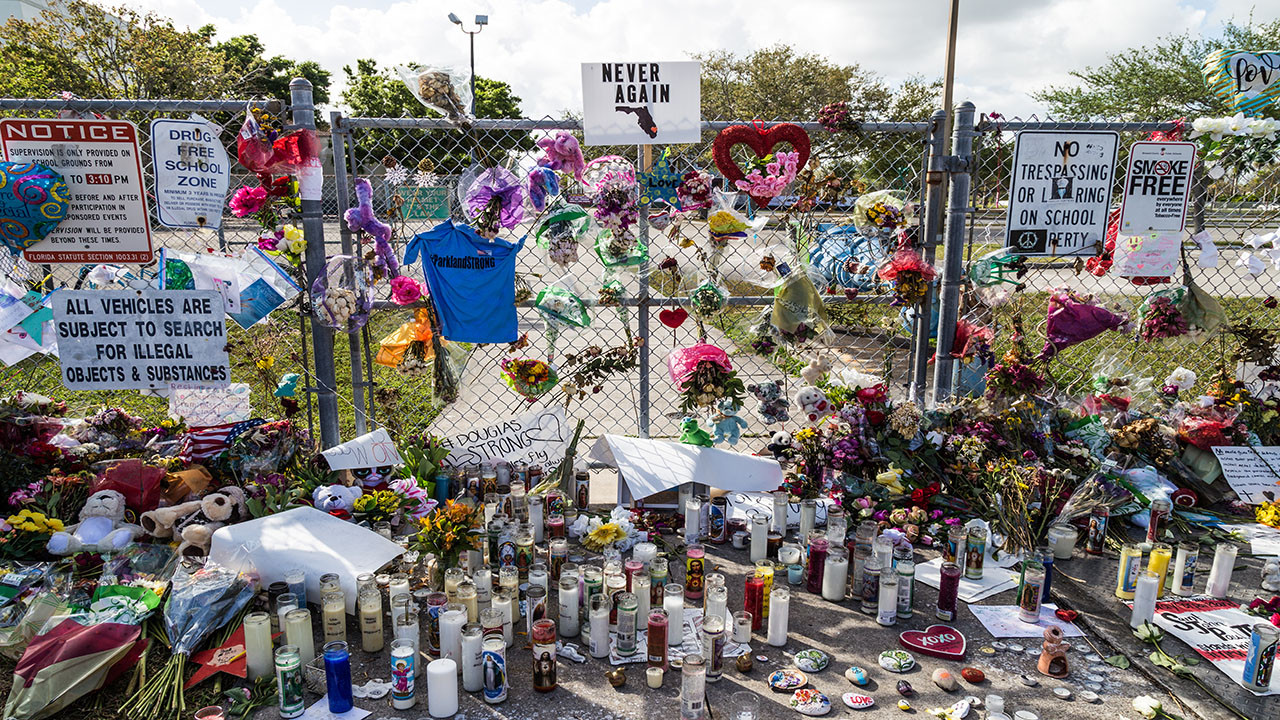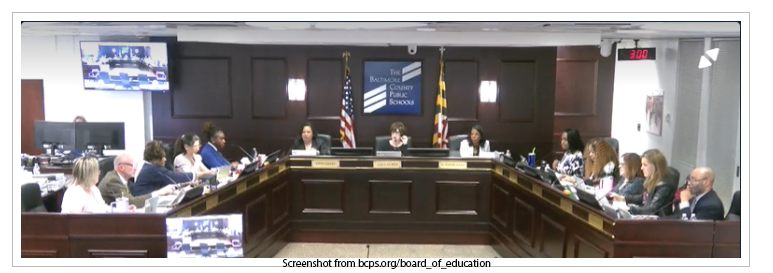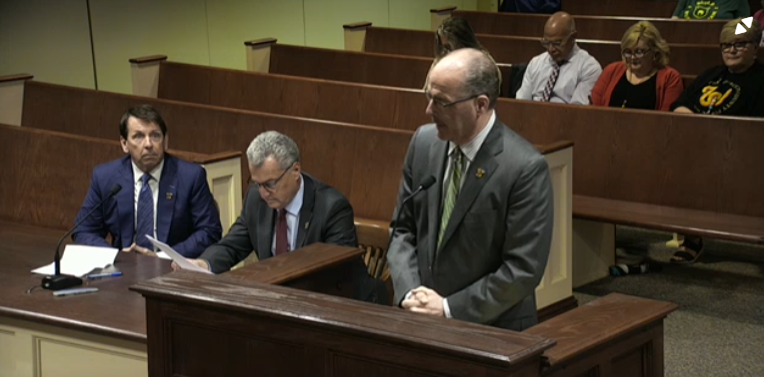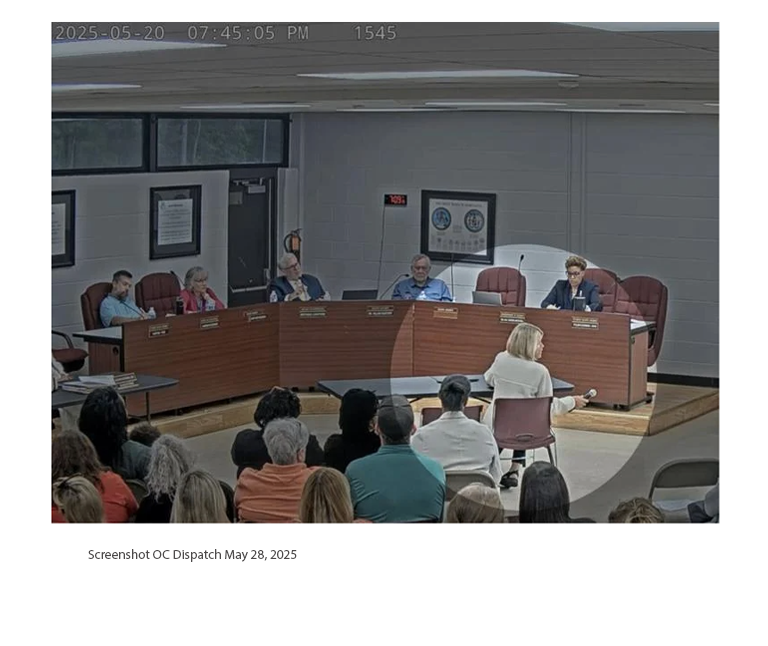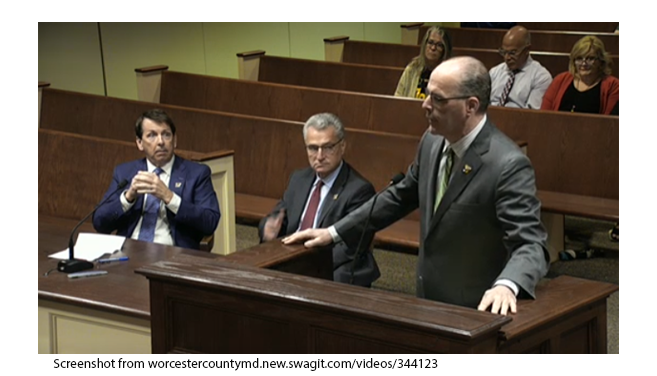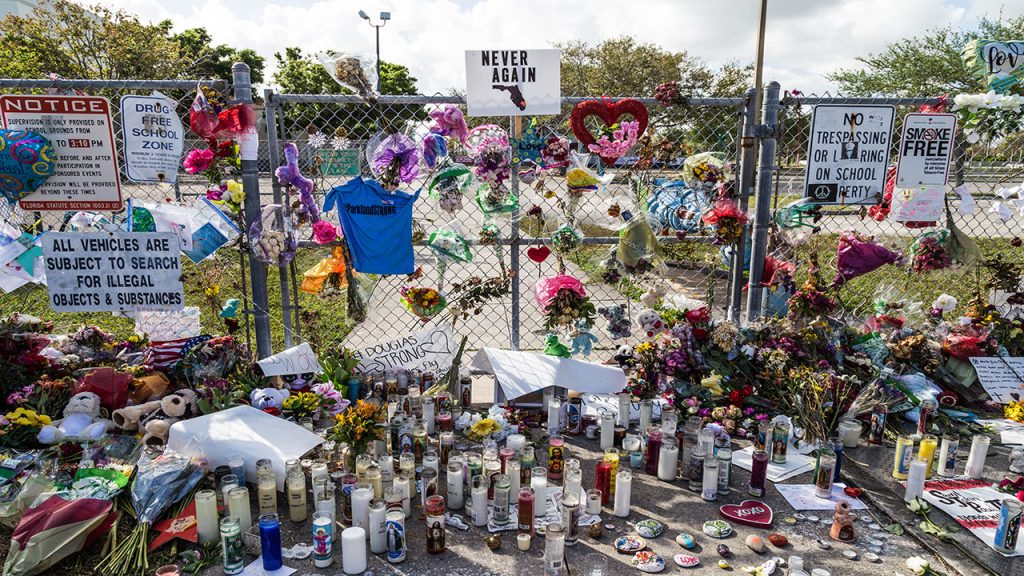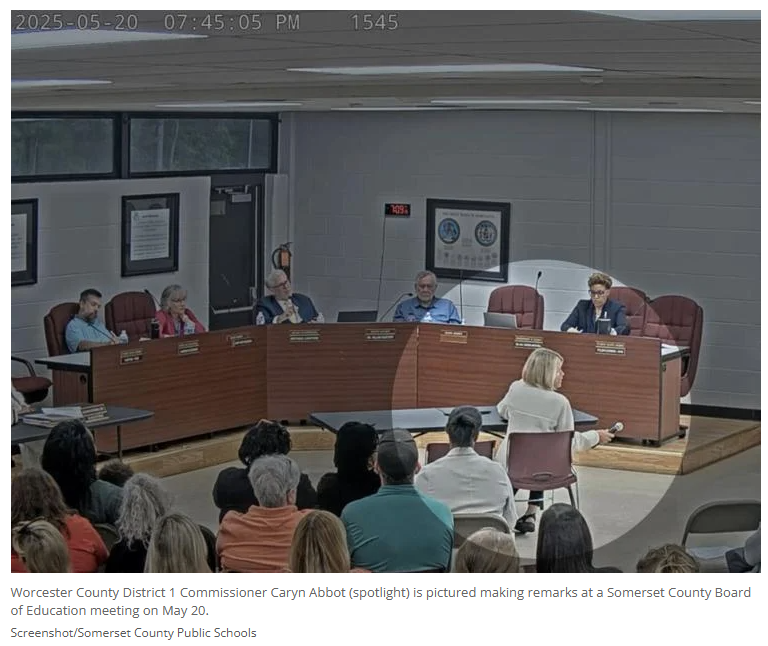
Federal Officials Reiterate Protections for LGBTQ+ Student Groups
Federal officials stressed protections for LGBTQ+ student groups at a time when some school districts face pushback for their efforts to promote inclusion and belonging for students of all genders and sexual orientations.
Schools that allow noncurricular student clubs of any sort cannot prohibit students from forming gender and sexuality alliances, or GSAs, the U.S. Department of Education said in an updated resource Wednesday, outlining a position the agency has stated before.
The message comes as conservative activist groups have targeted books with gay characters, pride flags on classroom doors, and nondiscrimination policies. Some have also called on local school boards to shut down GSAs, which are voluntary student groups that meet before or after school to discuss issues relevant to LGBTQ students and their supportive peers.
In Bennington, Neb., a school board member and a group of parents questioned pay for a faculty sponsor of a high school LGBTQ+ student group known as a “prism club” at a June 14 board meeting, comparing its activities to “indoctrination,” the Omaha World-Herald reported. The school board later approved the payment, even after parents criticized such clubs for passing out pride flags and making posters for school hallways.
“That doesn’t sound to me that [the GSA] is just a safe place for kids to go,” one parent said at that meeting, according to the paper.
In Lakeland, Tenn., high school students withdrew a request to form a GSA last year after some parents called their teacher sponsor a “predator.”
In Florida, Orange County’s Boone High School cancelled its GSA’s annual “Drag and Donuts” event in March after administrators there received a warning from state officials about the event, students said. The decision came the same day Gov. Ron DeSantis’ administration moved to expand the scope of the state’s Parental Rights in Education law—known by opponents as “Don’t Say Gay.”
“If you’re worried about being comfortable on campus, and whether or not you belong, or your existence has merit and has value, it’s really hard to focus on your [calculus] test with all of that else going on,” Scarlett Seyler, the prsideent of Boone High School’s Queer & Ally Alliance Club, told Education Week in April.
Parents in some districts have also complained about schools providing resources to GSAs and allowing those groups to communicate with nonparticipating students through message boards and newsletters, local news reports show.
GSAs legally protected, Education Department says
The Education Department resource, released at an event with LGBTQ+ students Wednesday, cites the Equal Access Act, a 1984 law that says that if a secondary school that receives federal funding allows at least one “noncurriculum-related” student group to meet, it may not “deny equal access or fair opportunity to, or discriminate against,” any other student group based on “religious, political, philosophical, or other content of the speech at [the group’s] meetings.”
Courts have cited that law, passed to protect religious student groups, in upholding students’ rights to form GSAs and in requiring schools to provide the clubs “with the same opportunities to use school resources and receive school recognition as other groups, such as posting group-related information, using school supplies, making announcements, and being included in the yearbook,” the Education Department said.
In 2008, for example, a federal judge ruled against a Florida high school that argued the formation of a GSA would compromise its abstinence-only sex education program.
Under the Equal Access Act, schools are allowed to have rules for student groups that maintain order and discipline in a school building and to ensure that attendance is voluntary, the new resource says.
“This means schools cannot impose a different set of student-conduct rules for GSAs than for other clubs,” the document says.
In 2006, a federal judge sided with students who argued that Minnesota’s Osseo Area school district violated the Equal Access Act when it labeled student activities like cheerleading as “curricular”—a designation that allowed them to share messages on a high school’s public address system and in the yearbook—while labeling groups like the school’s GSA as “noncurricular,” a category with more limited access to school communications.
LGBTQ students push for belonging in schools
LGBTQ students say groups like GSAs can be critical to their sense of belonging at school, which researchers have linked to better engagement and academic outcomes.
Forty-four percent of secondary schools nationwide had a student-led organization like a GSA in 2020, the Centers for Disease Control and Prevention said in August 2022, when it released the most recent federal data on the subject.
School psychologists say GSAs can promote a sense of belonging and safety for LGBTQ students and correlate with improved school climate for all students, even those who don’t participate in the groups.
“GSAs are found to benefit the wider school climate and not only those who are members of GSAs or the LGBTQ students in a school,” said a 2020 study published in the journal Applied Developmental Science, adding that the groups “may be catalysts for positive change in schools by improving school safety, inclusiveness, and student civic engagement.”
Dig Deeper With Our Longreads
Newsletter Sign up to get our best longform features, investigations, and thought-provoking essays, in your inbox every Sunday.
The MEN was founded by John Huber in the fall of 2020. It was founded to provide a platform for expert opinion and commentary on current issues that directly or indirectly affect education. All opinions are valued and accepted providing they are expressed in a professional manner. The Maryland Education Network consists of Blogs, Videos, and other interaction among the K-12 community.

